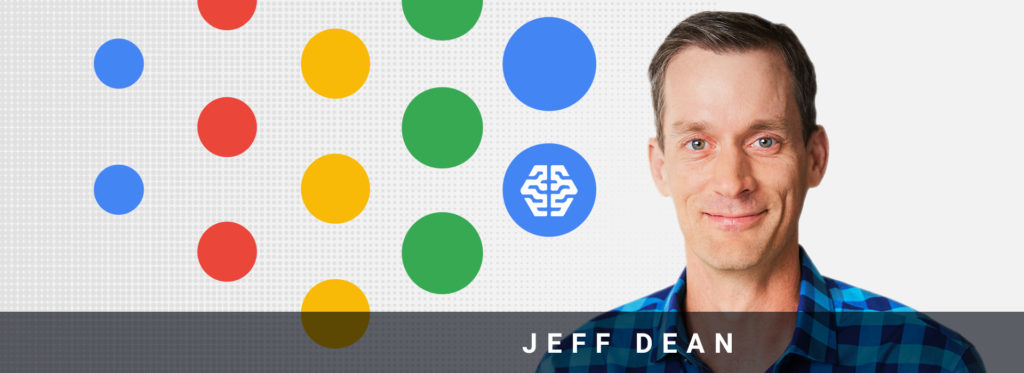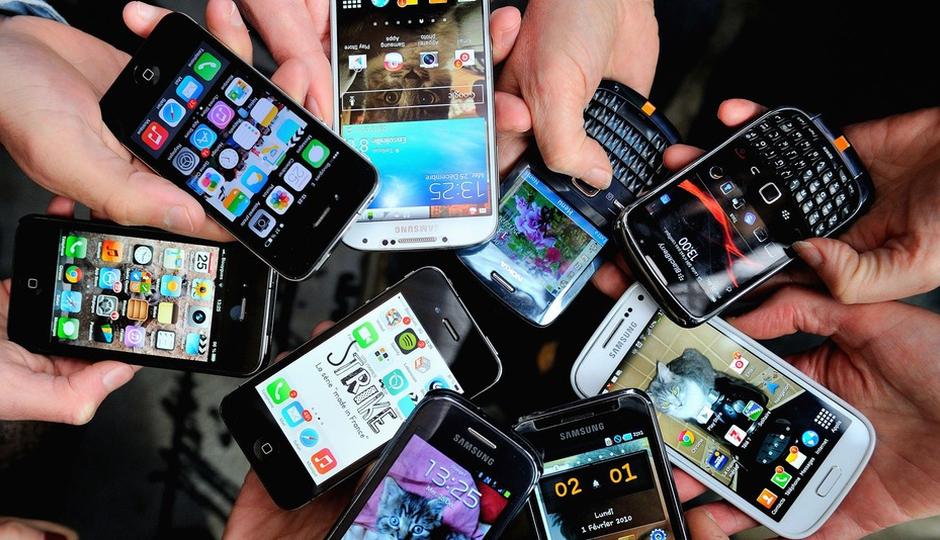Jeff Dean is in charge of what Google describes as technology “more profound than electricity and fire”. Right of the bat, it seems like a calm, stress-free working environment. Only the future of the human race is in stake, so no worries there for Jeff.

Joking aside, Dean is in charge of Google’s Artificial Intelligence (AI) department, something that can have a significant impact not only on the company but our entire planet.
Dean’s first task at Google was figuring out why the tech giant’s search engine was glitchy in the early 2000s. Coders were baffled about the origin of the problem, as everything seemed in order. It was Dean and his friend Sanjay Ghemawat who managed to crack it and trace the source of the threat. Surprisingly, it was extraterrestrial in nature.
At the time, Google was a far cry from a tech giant it is today. According to Dean, the equipment they were using was “sort of held together with baling wire and chewing gum”, which made it vulnerable to “a very low probability event”.
“A particular ray from outer space will come in and hit one of the memory cells that stores a bit – either a zero or one – and flip it to a one or a zero, which is particularly bad if you’re manipulating lots of data, because all of a sudden a few random bits in your data will be will be flipped and corrupted.”
“Most machines these days have hardware protection against those. But the early machines Google were using really didn’t.”
Machines Dean works on today are far more sophisticated and one of the reasons why his department is nicknamed “The Brain Team”. Its task is simple, “make machines intelligent and improve people’s lives”, yet so ambitious that it isn’t surprising it has many critics, some of them within Google itself, especially considering that current iteration of Google’s AI is more down to earth version. It uses machine learning to help its users retrieve photos in a search using words. It is also responsible for speech recognition tools, allowing Google to “speak” several languages.
By feeding algorithms with huge amounts of data, we are able to teach it to make connections between different words, according to Dean.
“You might learn for example, an unfortunate connotation, which is that doctor is more associated with the word ‘he’ than ‘she’, and nurse is more associated with the word ‘she’ than ‘he’.
“But you’d also learn that surgeon is associated with scalpel and that carpenter is associated with hammer. So a lot of the strength of these algorithms is that they can learn these kinds of patterns and correlations”.
The tricky part, and that what Dean’s team is focusing its efforts, is making the algorithm distinguish bias from facts.
“It’s a bit hard to say are we’re going to come up with a perfect version of unbiased algorithms.”
LinkedIn had a similar problem with their algorithms recommending potential workers to employs. Women were being recommended significantly less than men. Allen Blue, the co-founder of the site, tackled the issue.
“What we were able to do is say: ‘All right, we’re going to correct that algorithm,” says Mr Blue, “so that it returns men and women in equal proportion to the people who actually match the search criteria and orders them in a way to make sure that the women are not being accidentally de-prioritised'”.
They also had a similar issue with facial recognition. Due to a large number of white men’s pictures algorithm was exposed to, it recognized them successfully at the rate of 97%, compared to just 3% when it came to African women. According to Blue, the only solution is to get more diversity among people who create AI algorithms, which is a problem on its own.
“When we look at the people [on LinkedIn] who actually have AI skills, only 22% of them are women,” he says. To make things even worse, “the women tend to have roles which are a little bit more research-oriented more teaching oriented whereas the men have tended to have roles which are more leadership oriented.”
Ultimately, he wants AI to have the same capabilities, even better, at reading human emotions as we do in face-to-face meetings.
“When you go in and speak to someone face-to-face, you get a great read, or energy off them, or whatever, that is built on your very idiosyncratic… and therefore biased, views of what makes a good person to come work at a company. Artificial intelligence can help you separate that good feeling you get from a viewpoint which eliminates that bias… that’s what I mean by pure machines and people working together.”
Each time AI is discussed, there is always a mention of the threat it can pose to humans. Dean is aware of the potential dangers, but he argues that the best safeguard is the people who develop it.
“We need more people studying these sorts of fields and more people being excited about them,” he says “because that’s how we make progress and solve a lot of problems in society.”








